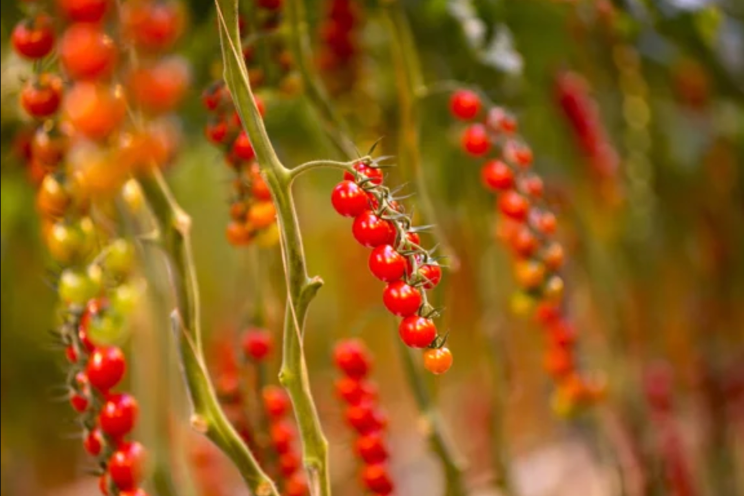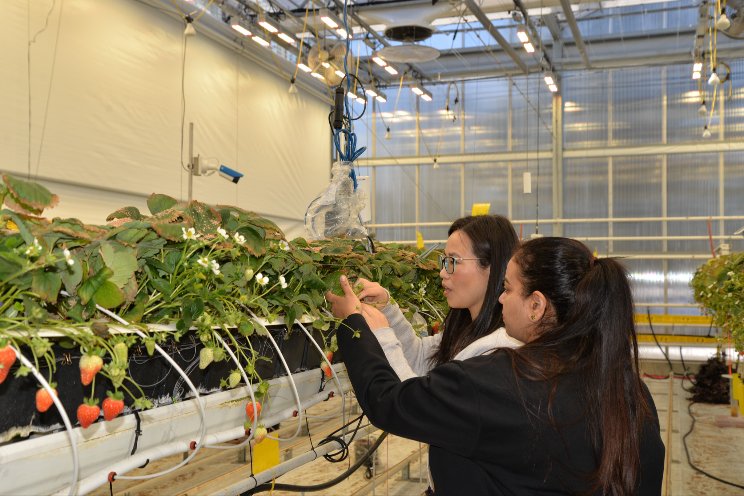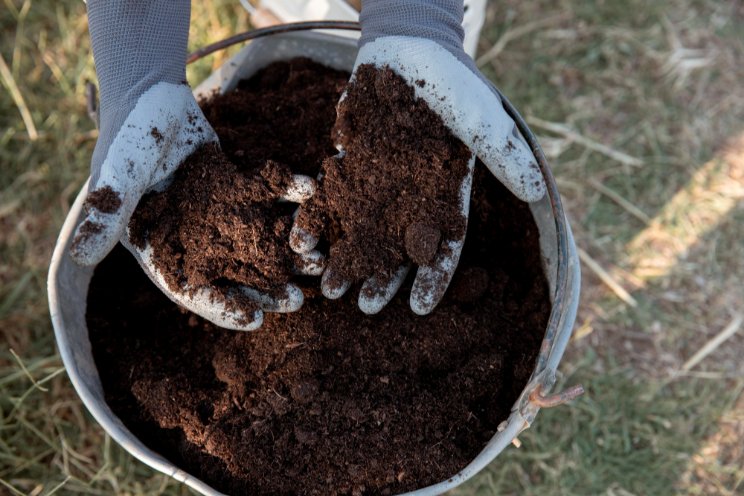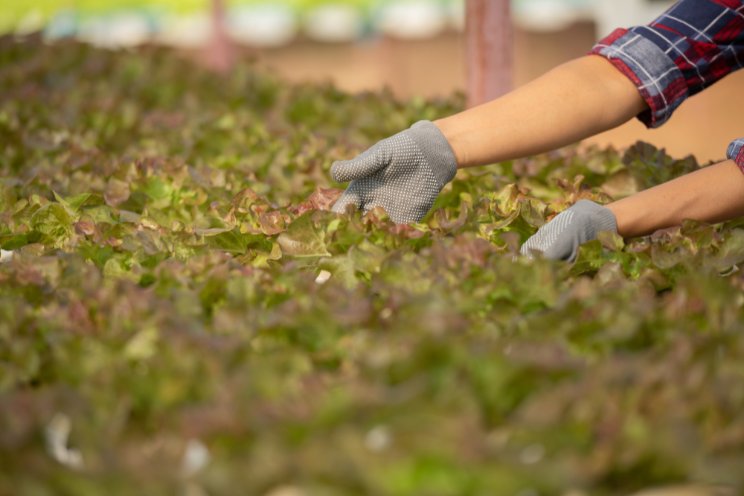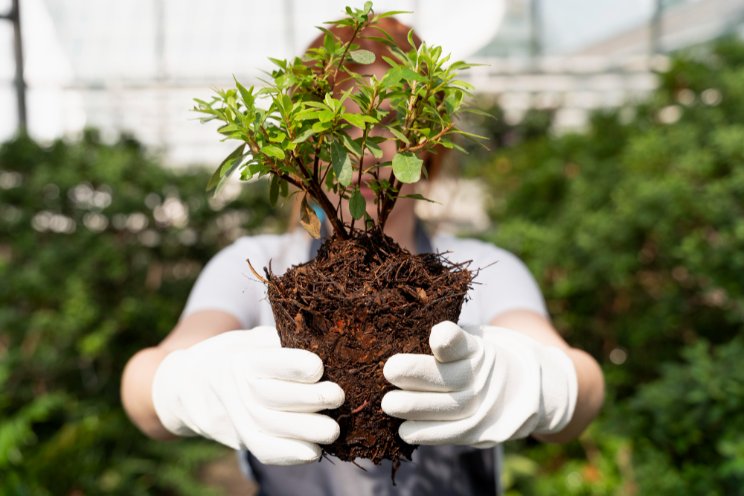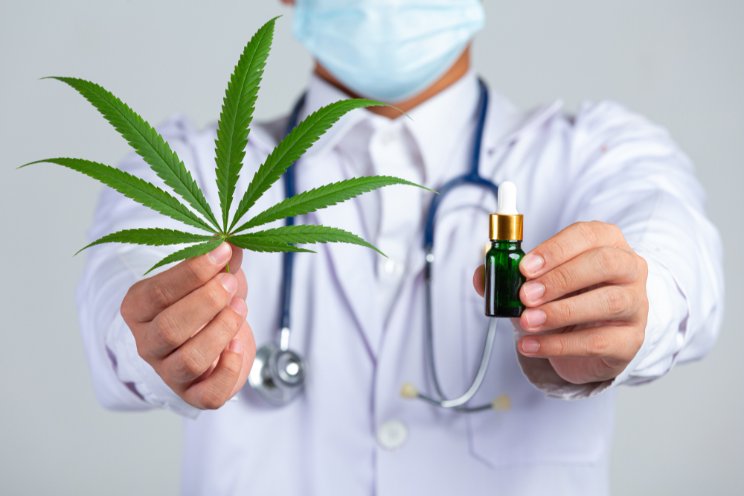Why horticulture has a plastic conundrum
Added on 20 April 2020
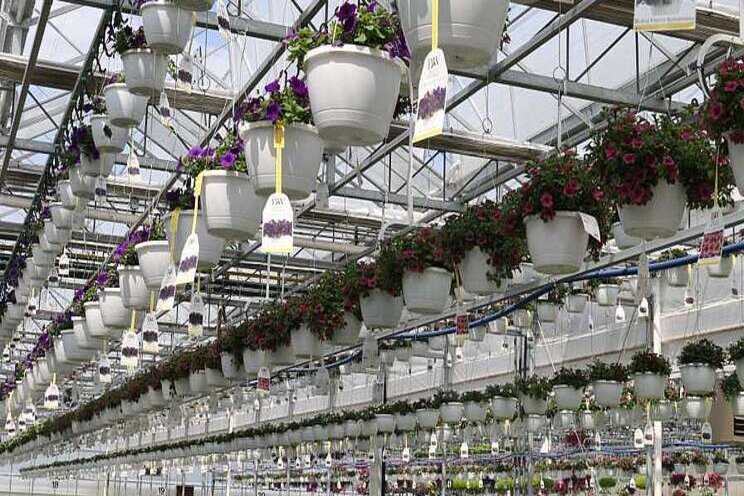
What does this mean for the controlled-environment industry, which relies heavily on plastic-based products to grow and sell plants? For most growers, it most likely means a renewed focus on the three Rs ? reduce, reuse, and recycle ? rather than all-out elimination.
From an economic sense, removing plastic pots, trays, tags, and labels from controlled-environment production doesn't make sense for growers right now. Until more durable, alternative products that can hold up to the rigors of production become affordable and mainstream, growers will continue to rely on plastic products to do their jobs.
Start With Reducing Waste, Not Eradication
Derek Moeller, President of McConkey Company, says he believes that rather than jettisoning plastics completely, the focus will be on three fronts, all of which should result in better economics for growers and reduced carbon emissions:
- Using less plastic (thinner products)
- Making use of reusable products to avoid disposables
- Improving the way plastic products that have reached the end of their service life are recycled
Suppliers are aware of growers' needs and offer a range of products that help reduce plastic's carbon footprint on the environment. They're also continuously exploring new options and techniques that offer the promise of a more sustainable solution.
Here are a few examples:
HIP Labels, LLC offers a plastic alternative — VerdeTag — a water-resistant, recycled paper that is 100% green. In partnership with Blackmore/Ellepots, HIP Labels provided a sneak peek at the 2020 MANTS show of a water-resistant sleeve that fits over Ellepots before plants are shipped out. The combined products reduce plastic use by more than 95% and offer a solution for providing marketing and branding information, as well. HIP Labels also has some non-petroleum-based tag materials (i.e., plastic) in the pipeline.
McConkey Company introduced the concept of reusability last year for trays that hold pots with its new Phoenix Carry Tray. Made of a tougher material than recycled plastic, the tray is tear resistant. Growers get more use out of it, so they buy less plastic. This year, the company plans to introduce an American-made nursery cart shelf that replaces steel with 100% post-consumer recycled plastic.
MasterTag has a stake tag material with 30% post-consumer recycled content (recycled milk jugs). For the bulk of its tag and labels business, it uses a material blend with up to 30% mineral filler to reduce the amount of plastic in the sheet and to make it stiffer for down-gauging. It also offers a paper-based fiber tag, which is suitable for a hang tags or in applications where a tag is placed on a riser.
Westrock's RockLine label applicator provides automated precision labeling and uniform presentation at the bench as an alternative to using plastic tags. Marketing Manager - Horticulture Mark Osgerby says on the plastic tagging side, there are options for growers, as well, such as reducing the mill (weight of the plastic) and using alternative substrates that have paper-like qualities but perform like plastic.
Reduce, Reuse, Recycle is the Answer ? For Now
Suppliers say they are getting requests for products with a lower environmental impact, but most of the conversation has moved to plastic recovery, recycling, and reuse.
If the time ever comes when durability isn't an issue for pots, trays, tags, and labels to hold up under the rigors of production, that would open up a world of possibilities for new substrates that don't need to last as long, according to Gerry Giorgio, Creative Director at MasterTag.
"But until that happens," he says. "The best sustainable, near-term solution to plastic is a closed-loop of use, reuse, and recycle."
Source: Greenhouse Grower
Photo by Janeen Wright
Source: Greenhouse Grower
More news
